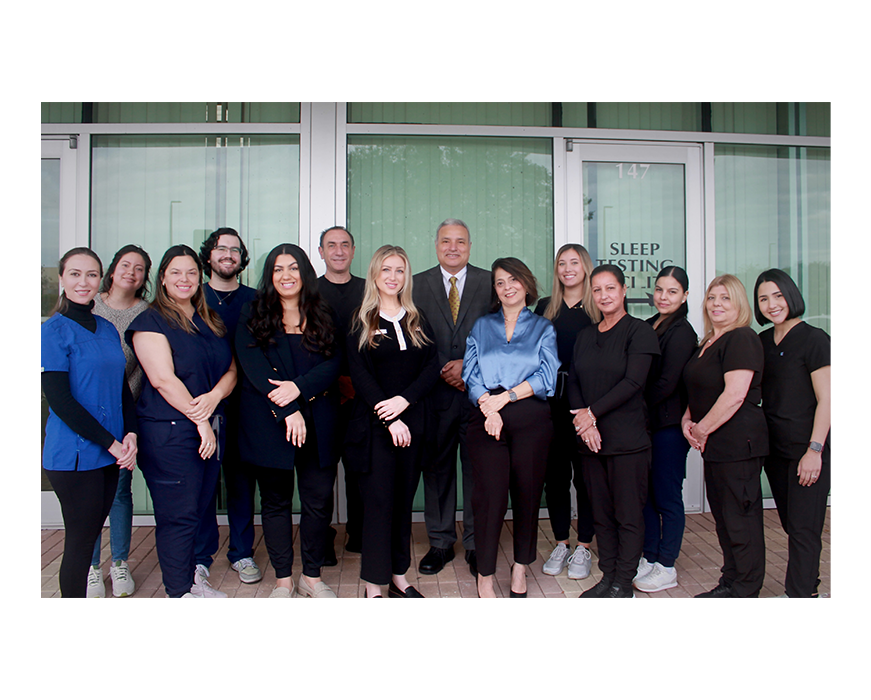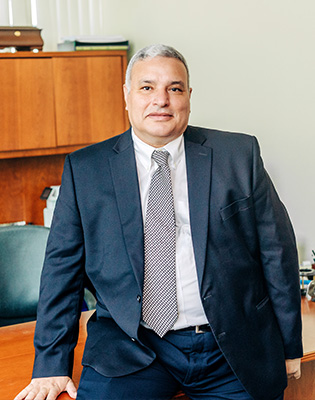Welcome to Comprehensive Neurology Clinic
Welcome to Comprehensive Neurology Clinic! Founded in 2004 by Doctors El-Said and Dahan, our clinic has been dedicated to serving the vibrant Orlando Community with exceptional care. Throughout the years, we have continuously evolved our specialization and services to better meet the needs of our valued patients.
At Comprehensive Neurology Clinic, we take great pride in our oldest epilepsy center in Orlando. With our extensive experience and expertise, our specialists have successfully treated a wide range of epilepsy cases, including refractory epilepsy. Through innovative approaches such as medical treatment, resective surgery, and neuromodulation techniques like Responsive Neurostimulation (RNS)/Neuropace, Vagus Nerve Stimulation (VNS), and Deep Brain Stimulation (DBS), we strive to provide effective solutions and improved quality of life for our patients.
In addition to our expertise in epilepsy, our accomplished physicians have also made significant advancements in treating various conditions. From Autism, sleep disorders, headaches, Attention Deficit Hyperactivity Disorder (ADHD), to cognitive impairment, our specialists have a proven track record of successful treatment outcomes. Our commitment to excellence led us to establish an American Academy of Sleep Medicine (AASM) registered sleep lab in 2010. Here, our board-certified sleep medicine physicians offer comprehensive care for an array of sleep disorders, including sleep apnea, Restless Legs Syndrome (RLS), insomnia, and circadian rhythm disorders.
At Comprehensive Neurology Clinic, we approach each patient with compassion, professionalism, and a dedication to providing the highest standard of care. Our team of experienced physicians and staff is committed to improving the well-being and overall health of our patients. We look forward to welcoming you to our clinic and assisting you on your path to better neurological health.










